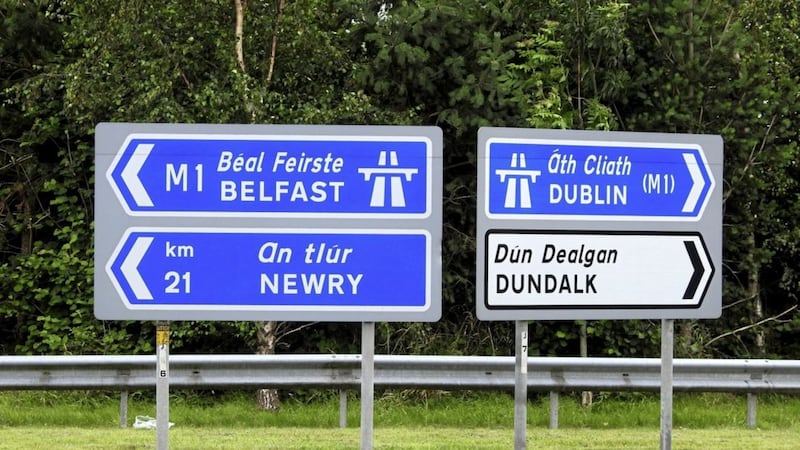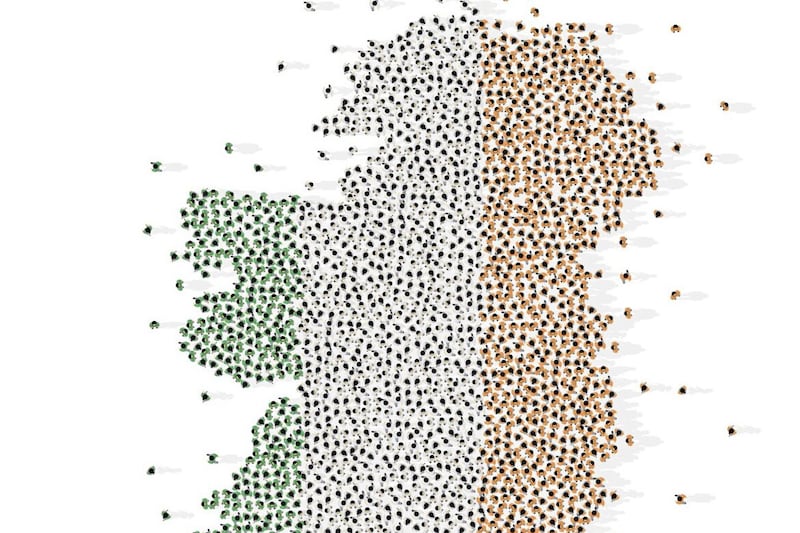Planning for a united Ireland is "imperative" before any border poll is called so that voters north and south are fully informed, a new research paper has said.
There was "clearly a substantial amount of work to be done if voters in any future border poll are to be fully informed", it added.
The bulletin from the Economic and Social Research Institute (ESRI) aims to summarise "existing evidence and continued uncertainties" surrounding a border poll.
Examining several datasets and sources, it said Northern Ireland's "relative economic performance has not improved following the peace process".
[ READ MORE: Lack of funds closes HMS Caroline until next yearOpens in new window ]
The north ranked the 10th poorest of 12 UK regions in terms of GDP (Gross Domestic Product) per capita in both 2000 and 2014, ahead only of the North East region and Wales.
It said Northern Ireland GDP per capita was approximately 50 per cent lower than the southern and eastern region of the Republic in 2014.
Disposable household income in the south in 2016 was €28,117 compared to €25,315 in the north – a gap of €2,802.
Life expectancy at birth in 2017 was 82.2 years in the Republic compared to 80.6 in Northern Ireland.
The study added: "Both health systems appear to be outlying poor performers among OECD [Organisation for Economic Cooperation and Development] countries in terms of having acute care bed occupancy rates of over 90 per cent and relatively poor social care provision."
It said the north's poor economic performance relative to the Republic was attributable to low levels of productivity.
This is likely driven by factors including lower export and Foreign Direct Investment levels, as well as higher proportions of young people obtaining the lowest qualification levels in education and lower proportions obtaining the highest qualifications.
The paper also highlighted "key questions that need to be addressed" if voters are to be fully informed ahead of a border poll.
These include the economic costs of subvention; how long a transition period to unification would last; what role the European Union and US might have; what an all-Ireland approach in key areas such as education and health would look like; and the social welfare and tax implications of unification.
The two-page bulletin concludes: "While there is great uncertainty with respect to the timing of any border poll, it is imperative that adequate planning and preparation is undertaken so that voters, north and south, can be fully informed if, and when, a border poll arises."
ESRI and Trinity College Dublin academic Seamus McGuinness, who was involved in the summary paper, said it outlines relevant facts and identifies areas where new research is needed.
He tweeted: "No-one can predict when a border poll might be triggered. The evidence necessary for voters to make an informed decision must be established in a timely fashion."







